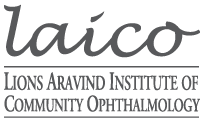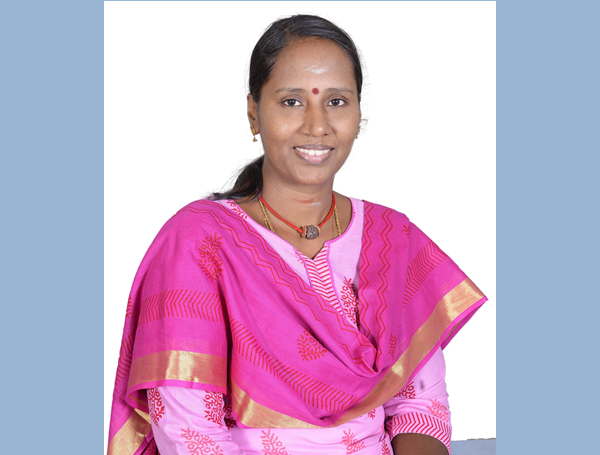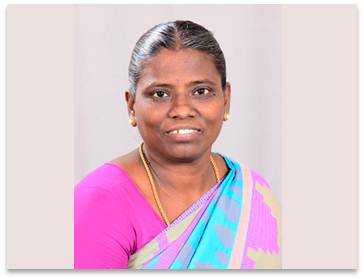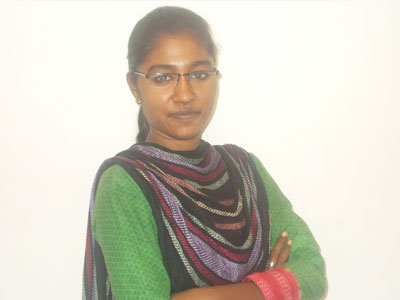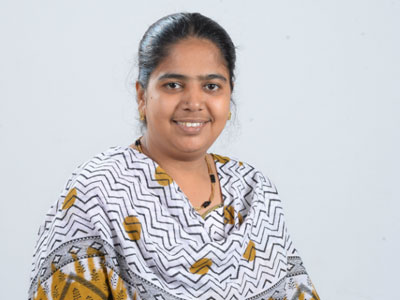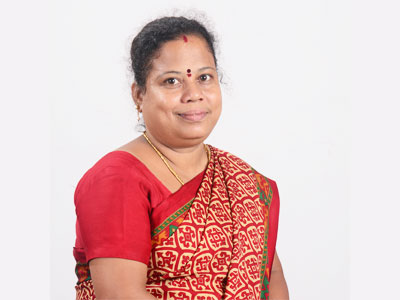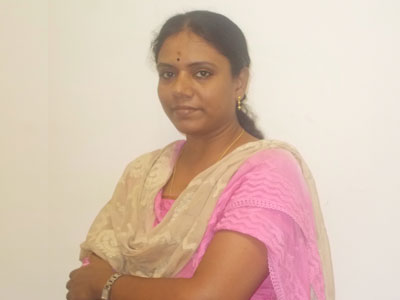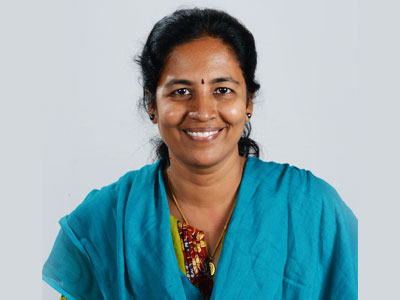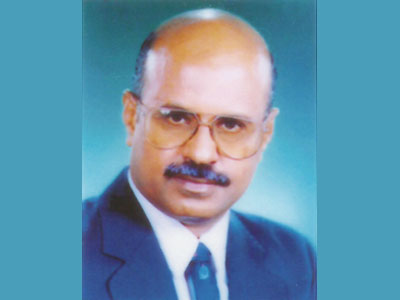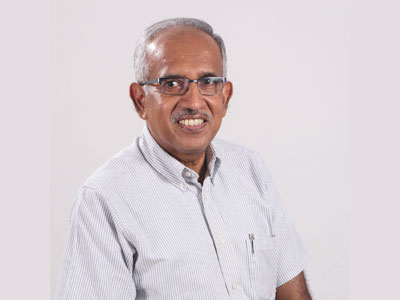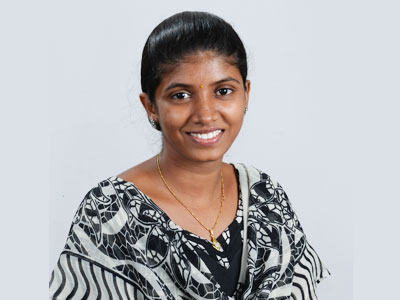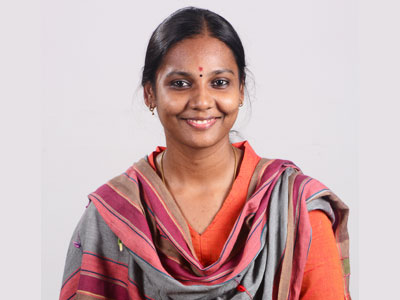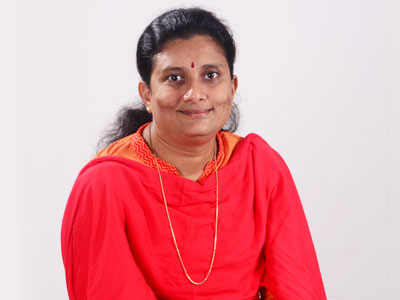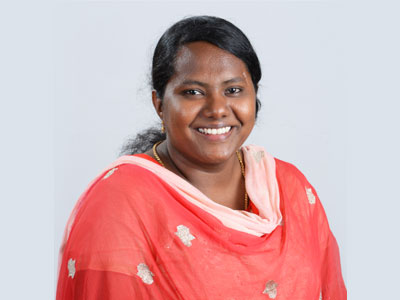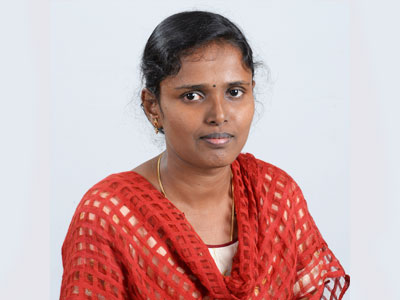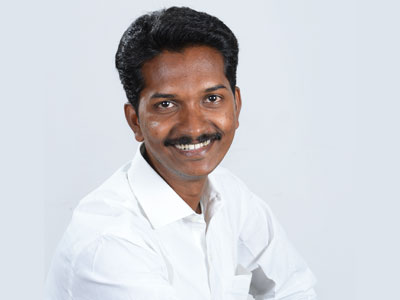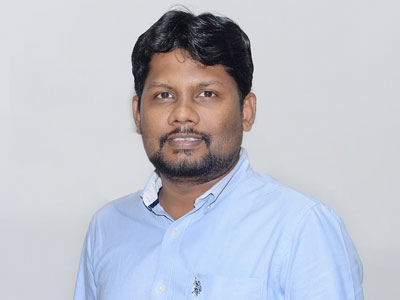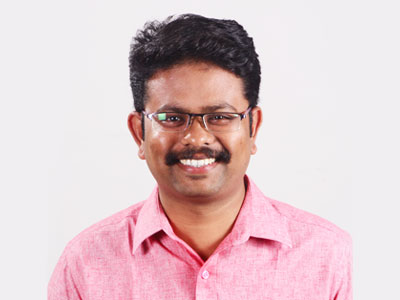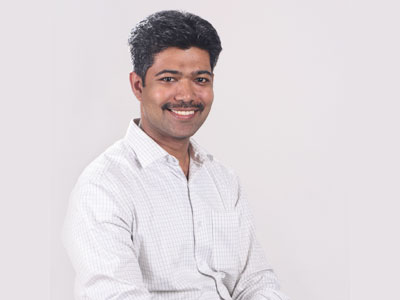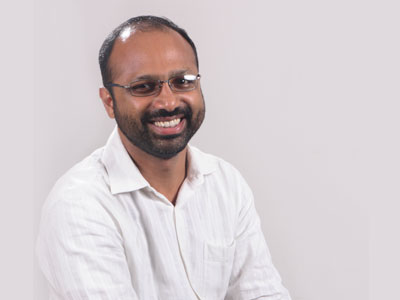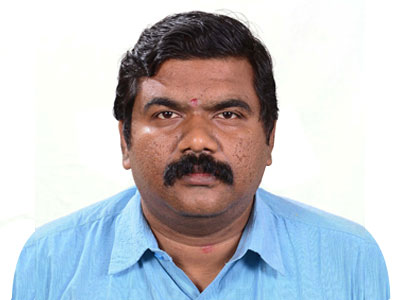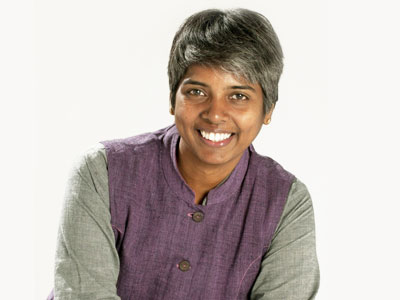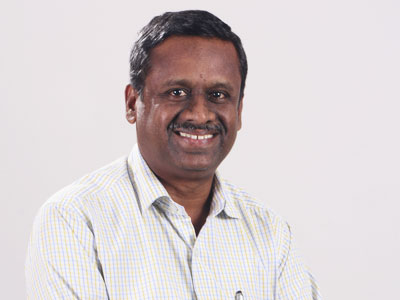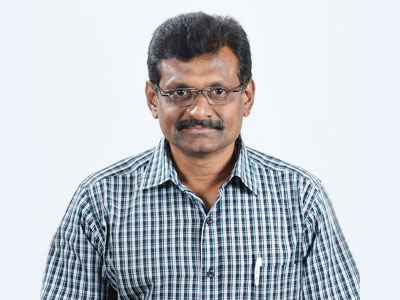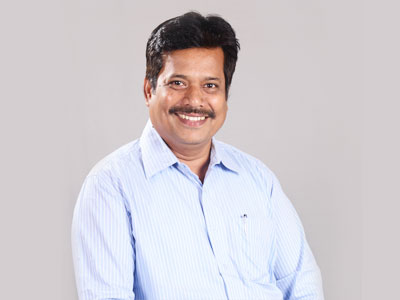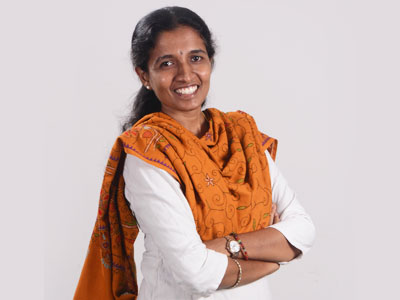LAICO Projects Division contributes to the elimination of needless blindness through effective provision of end-to-end project management systems and processes, development of project management capabilities, and training. The main focus areas under this division is to promote right approaches to development, management, and evaluation of projects.
PROJECTS DIVISION
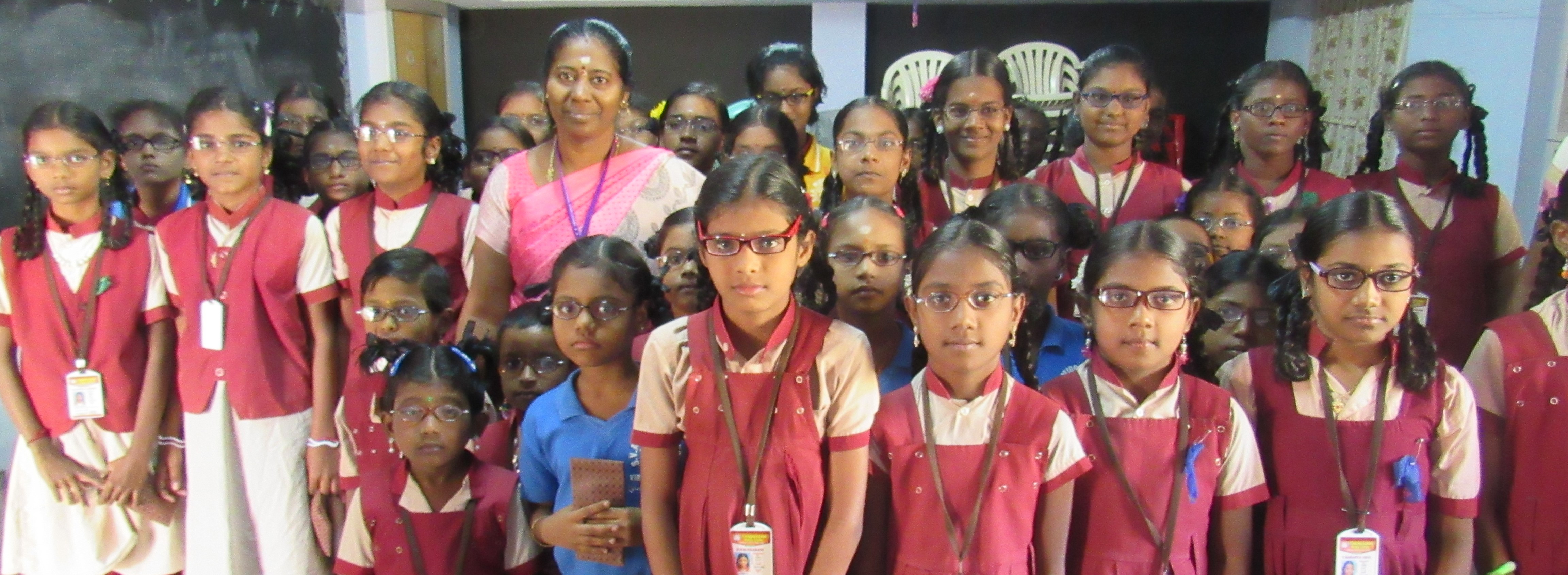
A. Standard Chartered Bank: Global Business Services (GBS) [Phase 2 Projects]
The following six projects are being implemented by Aravind Eye Hospitals and Aurolab (Manufacturing unit of Aravind Eye Care System) with generous support of Standard Chartered Bank -Global Business Services (GBS).
1.Enhancing early detection of glaucoma: This project to enhance early detection of glaucoma through screening the first degree relatives of patients with primary open angle glaucoma (POAG) and primary angle closure glaucoma (PACG). The software generates and sends automated short messages or voice messages motivating the relatives to come for screening.
Project Center : Aravind Eye Hospital– Pondicherry, Madurai, Tirunelveli, Coimbatore and Chennai
Duration: 3 years (2019 to 2021)
2.Impacting quality of life in women through Presbyopia correction: To conducts camps to screen women for presbyopia correction. The aim is to know the impact of near vision correction in ageing women on quality of life
Project Center : Aravind Eye Hospital – Coimbatore
Duration: 3 years (2019 to 2021)
3.Setting up 6 PHACO training centres across the country: The project aims to enhance surgical skills of doctors in PHACO surgery, to Set up 6 Phaco training centres across the country for making the “Phaco surgery popular”.
Project Center : Aurolab – Madurai
Duration: 3 years (2019 to 2021)
4.To establish state-of-the-art surgical training centre at the free section: The objective of the project is to establish two training operating microscope modules in the operation theatres of the free section of Aravind-Madurai, to monitor and improve surgeons in training.
Project Center : Aravind Eye Hospital – Madurai (Free Section)
Duration: 3 years (2019 to 2021)
5.Ensuring healthy eyes in premature infants using tele-screening for RoP: The project aims to screen preterm babies in hospitals/NICUs using a Retcam Shuttle (for image capture), provide diagnosis by connecting to a vitreoretinal specialist through tele- ophthalmology and to decide for urgent treatment or deferred referral.
Project Center : Aravind Eye Hospital – Madurai and Theni
Duration: 3 years (2019 to 2021)
6.Providing optimal care for economically disadvantaged people with ocular trauma: The project aims at supporting 600 patients with ocular trauma belonging to low socioeconomic status. The project supports costs of investigations, medication, travel and surgery.
Project Center : Aravind Eye Hospital – Madurai
Duration: 3 years (2019 to 2021)
B. Lavelle Fund for the Blind
LEAP Collaborative Series: The project aims to enhance eye care through running Collaboratives, on specific domain/key area of significance that would ultimately help improving the effectiveness of eye care service delivery, both by way of volumes and how well it is delivered. As a support system, the project also aims to strengthen Aravind’s Central Office Functions through standardization of preferred practices in patient care, outreach services, primary eye care services, supply chain management, optical services and Electronic Medical Record.
Project Center : LAICO and Aravind Eye Hospital, Madurai
Duration : 4 Years (2019 to 2023)
C. Standard Chartered Bank
Project for Developing a Centre for Excellence in Allied Ophthalmic Personnel (AOP) Training: Through this project, Aravind Eye Care System aims to develop Aravind’s AOP training programme into a model of excellence for training, develop training resources for other eye care hospitals and training institutions to use.
Project Center : Aravind Eye Hospitals – Madurai, Theni, Tirunelveli, Coimbatore, Pondicherry, Salem, Chennai, Tirupati
Duration : 3 Years (2020 to 2022)
D.USAID – Child Blindness Programme
1. Improving Adherence to follow-up in childhood glaucoma: To improve management of childhood glaucoma by better understanding the context of the caregivers of children with the disease. The project aims to provide intensive counselling to the caregivers of 140 children diagnosed with childhood glaucoma on the importance of regular follow up.
Duration : 4 Years (Aug 2019 to June 2022)
2. Improving ROP Telemedicine Systems in Southern India: The aim of the project is to improve, expand, and innovate the already existing RoP telescreening programme and to develop a care model that is replicable and scalable in other parts of India and around the world. The existing telescreening programme is expanded to two Aravind centres in Pondicherry and Tirupati.
Project Center : Aravind Eye Hospital, Coimbatore
Duration : 3 Years (November 2020 to October 2022)
3. A step further in Childhood Cataract: Screening, Evaluation, Management, Rehabilitation and Training- Focus to Eliminate Childhood Blindness due to Cataract in South India”: The project goal is to train 1,380 paediatric health care providers to screen 650,000 children for early identification, timely referral, evaluation and surgery; and to improve surgical competency of paediatric ophthalmologists and educate general ophthalmologists on follow up and rehabilitation.
Duration : 3 Years (August 2021 to April 2023)
E. SEVA Foundation
1.Evaluation of Artificial Intelligence in a large ROP tele-screening program in South India with additional evaluation of lower-cost camera systems: To test RoP telescreening on lower cost cameras along with Artificial Intelligence.
Duration: 3 Years (October 2020 to March 2022)
Systematic Paediatric Eye Care through Sibling Screening Strategies (SPECSSS) : To improve the holistic Paediatric eye care through sibling screening for children with heritable disorder visiting tertiary eye care centers, secondary eye care centers and vision centers of Aravind Eye Hospital, Tirunelveli
Duration: 3 Years (April 2021 to March 2023)
F.FICCI & Millennium Alliance
Universal eye health through tech- enabled vision centres: The objective of the project is to provide technical support and training to setup Five Tele-Medicine enabled vision centres in two countries (Bangladesh and Kenya)
Duration: 1.6 Years (June 2021 to December 2022)
G.CONRAD N. HILTON FOUNDATION
Enhancing LAICO’s capacity to bring an effective change in eye hospitals: The project focuses on LAICO’s capacity building to develop a robust system and apply it by developing new service offerings that are highly relevant to enhance the effectiveness of eye hospitals in improving service delivery
Duration: 3 Years(November 2020 to October 2022)
Queen Elizabeth Diamond Jubilee Trust(QEDJT) supported DR project: The project implemented by Aravind-Tirunelveli aimed to develop a district‑level model to build the capacity of the government health system for effective screening, diagnosis, and management of diabetic retinopathy (DR). The project was executed in five community health centres and 13 primary health centres in Tirunelveli district. During the project period, 198 health professionals were trained and 8,574 people with diabetes were registered at the 18 CHCs/PHCs. About 6,462 (75.4% of those registered) were screened by Non- Communicable Disease (NCD) staff. Among the screened patients with diabetes, 581 had any Diabetic Retinopathy.
REACH – Refractive Error Among School Children: The project aimed to reduce visual impairment due to uncorrected refractive error among school-going children with the help of trained vision screeners in four districts of Tamil Nadu. Aravind Eye Hospital – Madurai with support from ORBIS international screened 400,000 school going children for visual. The project also created awareness towards increasing spectacle compliance amongst the target population (parents, teachers and children). During the project period (2016-2019), trained vision screeners screened 404,474 students from 2,244 schools. Around 40,420(10%) students were referred for secondary evaluation. Among the referred 34,140(84%) children were examined by optometrists. A total of 14,097 children received spectacles; 1,017 children were referred to base hospital and vision centres for further evaluation. Among those, 503 (50%) students turned up at the base hospital and received treatment.
Enabling access and enhancing eye care (non-cataract services): To leverage and develop technology for improving diagnosis and management of sub-specialty services such as Corneal ulcer, Glaucoma, Diabetic Retinopathy and Retinopathy of Prematurity (RoP). The following five projects were implemented with generous support from Standard Charted – Global Business Services during the past three years (2017-2019)
1.Tele-screening for Retinopathy of Prematurity (RoP) – Aravind Eye Hospital, Tirunelveli
In premature babies, saving life takes precedence over other attending to other disabilities. As sign and symptoms of RoP are not seen till late, screening of eye gets postponed in these babies. The aim of the project is to reduce blindness among preterm babies at risk of developing RoP. Using a RetCam, Trained technicians screen pre – term babies. Retinal images are shared with the specialist in the base hospital via tele medicine. He grades the images and sends back a report, according to which treatment or referral is advised. Totally 5,073 preterm babies were screened during the project period. Among the screened babies, 142 (2.8%) were found with RoP.
2.Providing Free Care for Economically Disadvantaged Patients with Corneal Ulcers – Aravind Eye Hospital, Madurai
Aravind-Madurai has been supporting patients belonging to low socioeconomic status and with corneal ulcers. Over 3,400 patients with corneal ulcers were benefitted during 2017-2019, in terms of costs of medication, travel and surgery. 170 patients underwent surgery for non-healing corneal ulcer. The project helped improve the follow-up of these patients to more than 70%.
3.Equipment support for better diagnosis of corneal ulcers for timely and appropriate surgical intervention- Aravind Eye Hospital , Madurai
With the help of anterior segment (AS) OCT sponsored by Standard Chartered Bank-Scope, the team imaged 1,955 corneal ulcer patients during April 2017 to June 2019 and planned surgical intervention accordingly. Outcome of lamellar keratoplasty has become better with ASOCT. Apart from this, ASOCT was used for diagnosis and managing 11,375 other subspecialty conditions like glaucoma.
4.Developing an affordable and contemporary corneal storage medium – Aravind Eye Hospital , Madurai
The project was initiated in order to improve the effectiveness of antibiotic supplementation of Cornisol (corneal storage medium) by modernizing the antibiotic selection and choosing Moxifloxacin, a fourth generation fluoroquinolone, over Gentamycin and Streptomycin. In view of the increasing trend in the incidence of post keratoplasty fungal infection, addition of an antifungal agent, preferably Amphotericin B, which is most effective against the most common fungal contaminant, Candida was also tried. The end result was to study the efficacy as well as safety of such an intermediate corneal storage medium with Moxifloxacin as the chief antibiotic and Amphotericin B as the antifungal agent.”
5. Innovative approach to Strengthening Comprehensive Eye Examination in outreach activities & EMR – Aravind – Pondicherry
As part of enhancing the quality of outreach, Aravind-Pondicherry has been experimenting with the implementation of electronic medical record (EMR) system in its camps. Since initiation in July 2017, Aravind-Pondicherry has conducted 182 EMR based camps and examined 42,605 patients. EMR based camps have made patient education more effective. Images of clinical findings are shown to help patients understand their disease in a much better way, thus improving awareness and compliance. There has been substantial increase in referrals from camps to the various specialty clinics. EMR based camps have also helped in easily identifying posterior segment pathology and referring the cases that require intervention to the base hospital.

